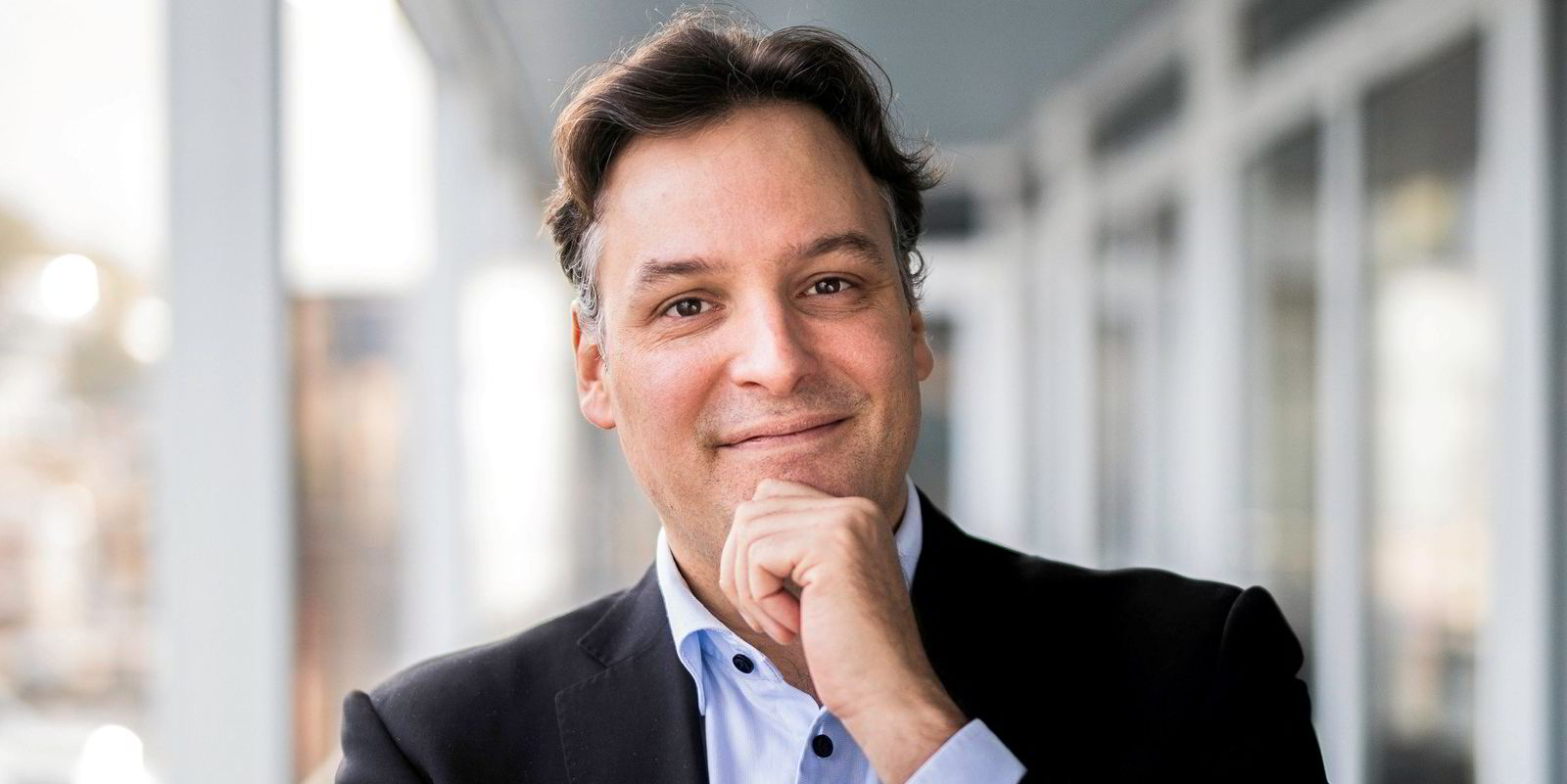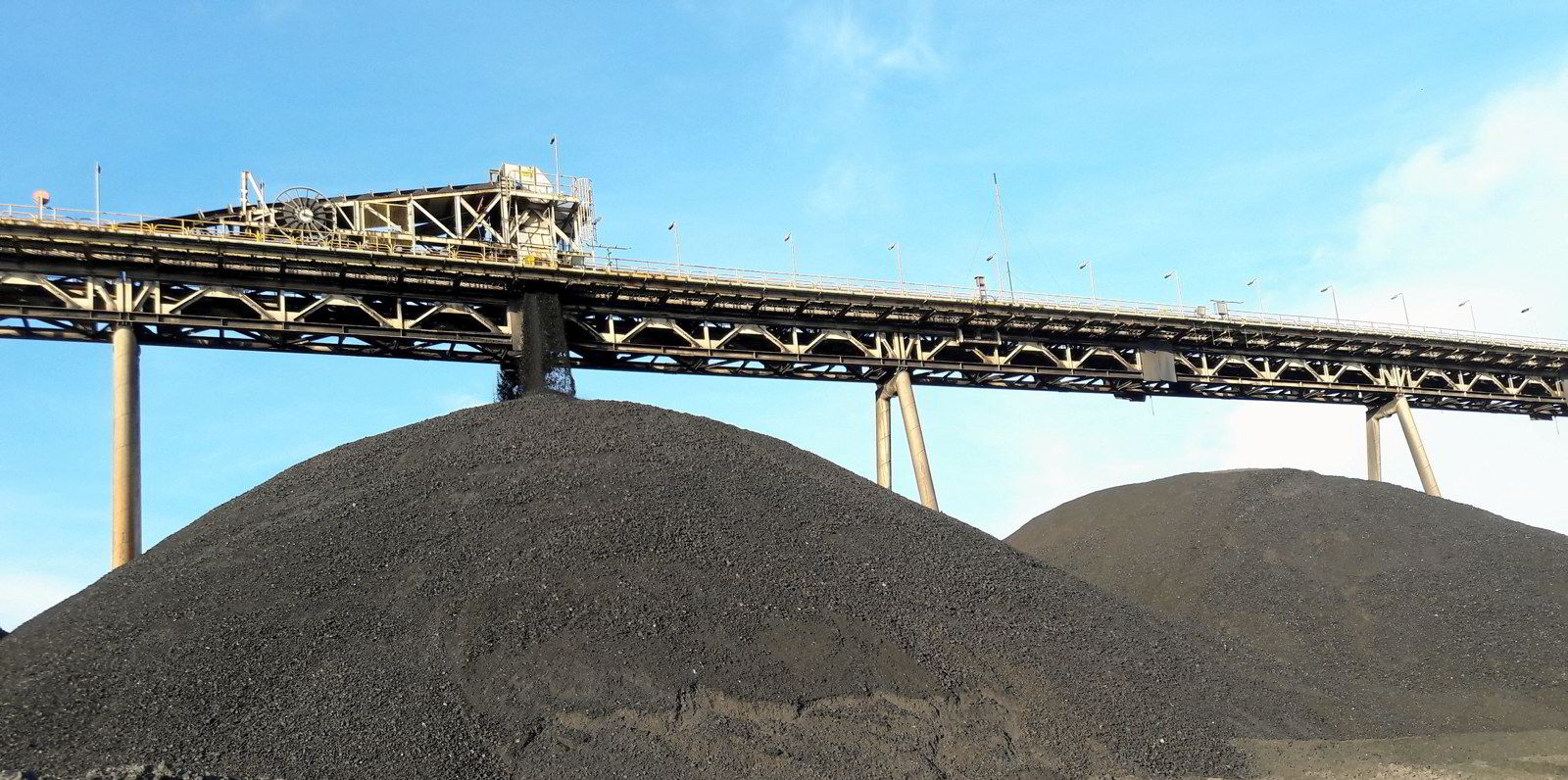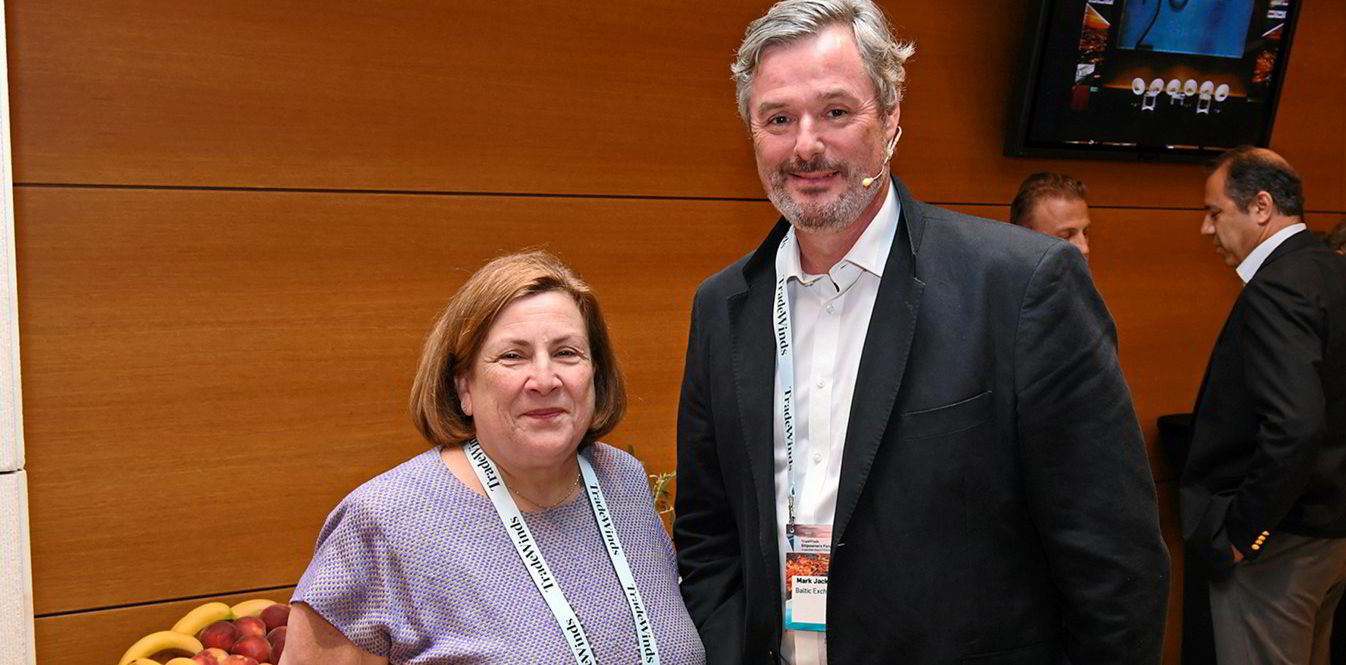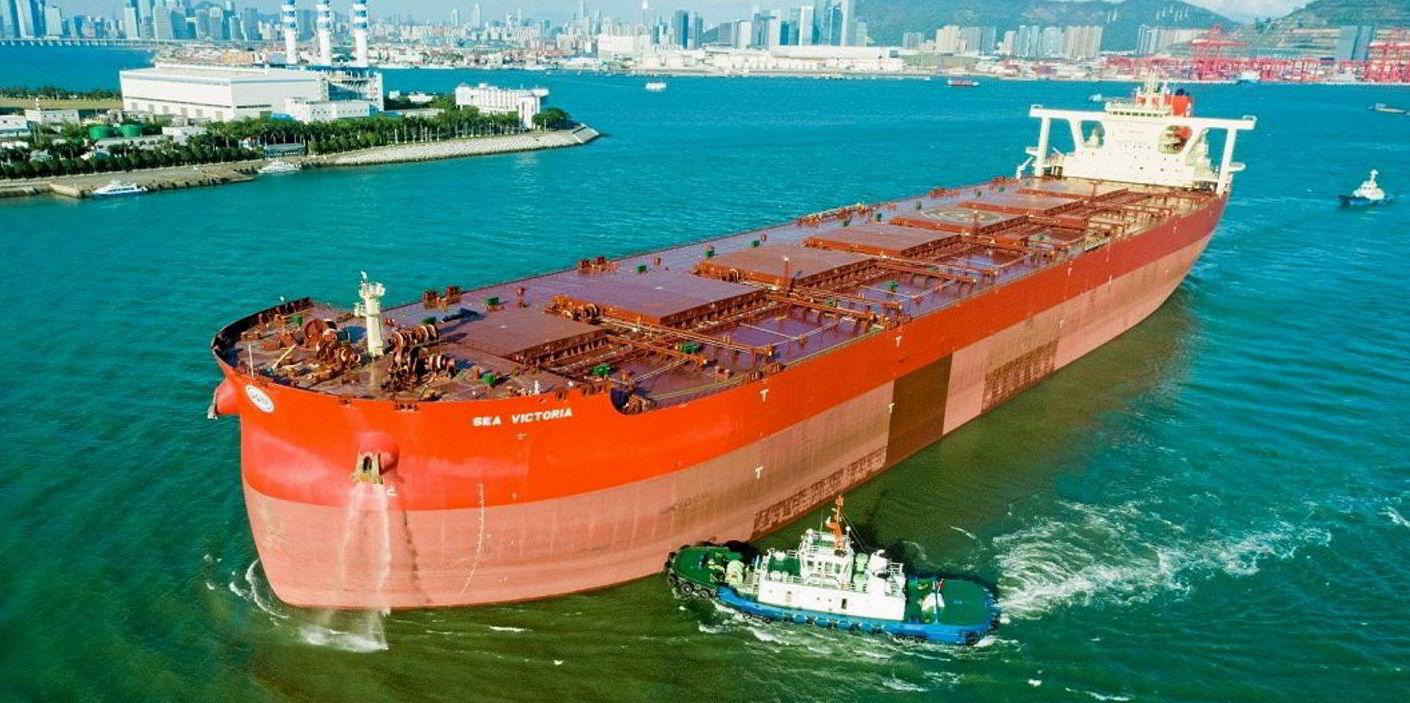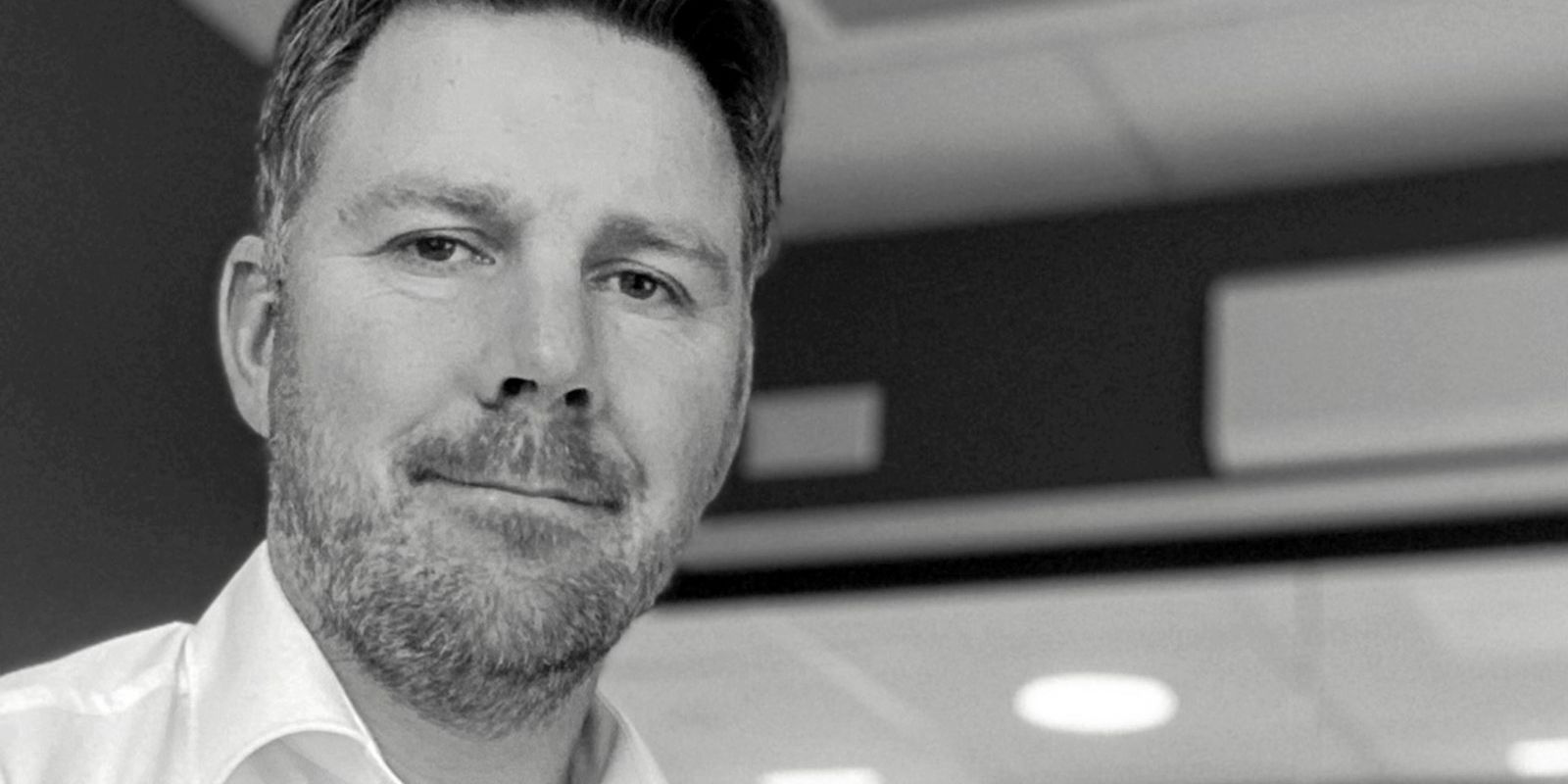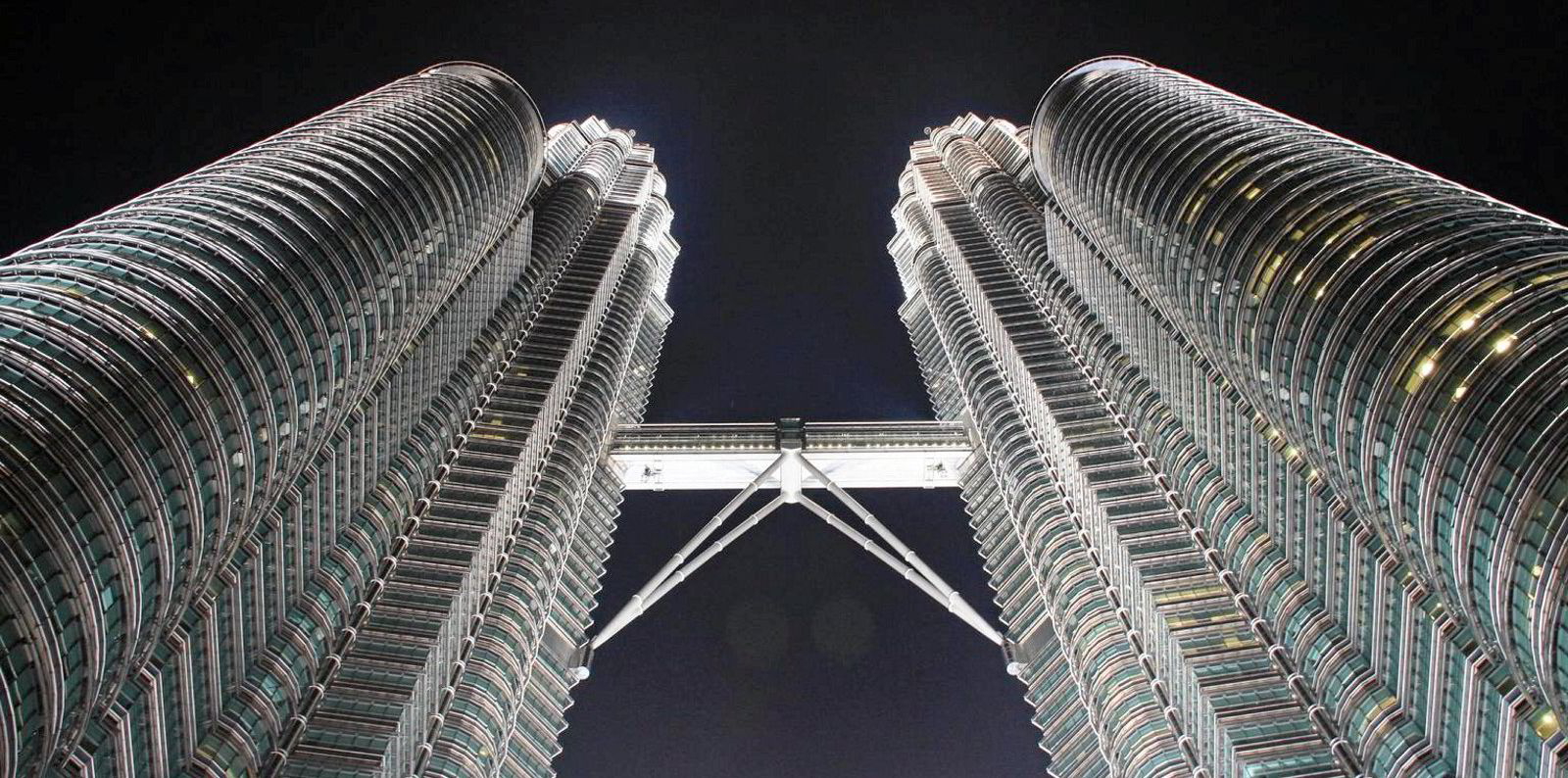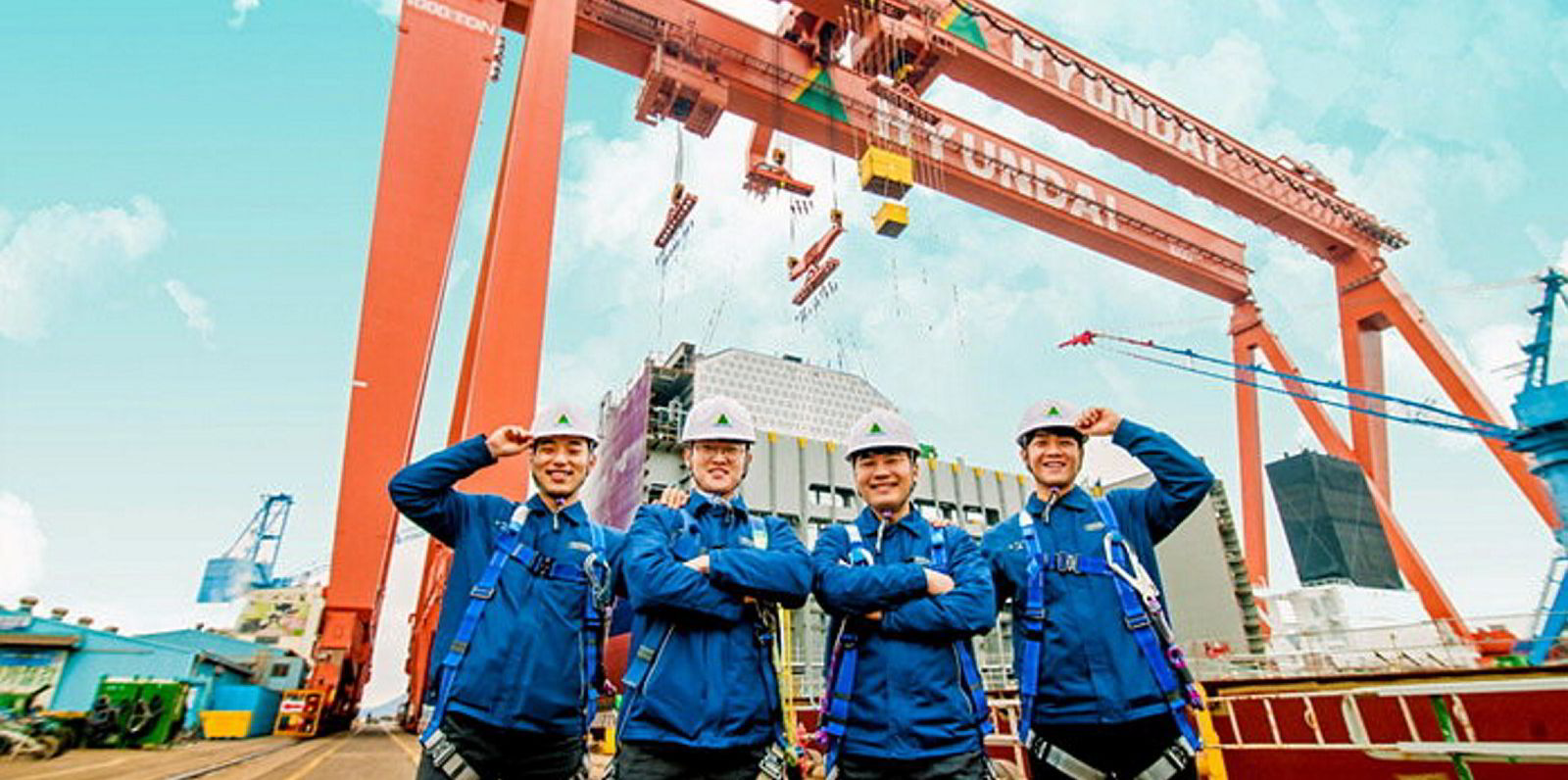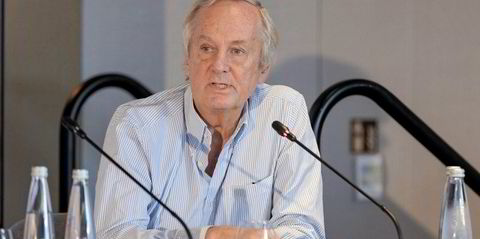2021 has seen a rush of interest and investment in the dry bulk sector, but some players have also cashed out as markets and asset prices have strengthened.
GriegMaas, the joint venture between Norwegian shipowner Grieg Maritime Group and private-equity firm Maas Capital, has just completed the sale of its entire bulker fleet and will dissolve the JV.
Since its establishment in 2018, the partnership built up a fleet of four supramax and ultramax bulkers — marking a step away from Grieg's core business of smaller open-hatch vessels.
As TradeWinds reported earlier this month, GriegMaas has sold off its final two ultramaxes for between $22m and $23m each, with time charters attached that expire in spring next year.
The 63,500-dwt Star Damon and Star Crios (both built 2012) are rumoured to have been sold to Greek owner Costamare.
Selling the pair will generate over $11m in gross profit for GriegMaas, which picked up the pair for $33.5m in 2019 from Danish owner Celsius Shipping.
Costamare bought the other two vessels sold by GriegMaas earlier this year — the 58,000-dwt supramax Eracle (ex-Star Eracle, built 2012) and its 58,000-dwt sistership Athena (ex-Star Athena, built 2012) — for over $31m en bloc.
Asset play
Vidar Lundberg, Grieg's chief business development officer, told TradeWinds that the conventional bulk segment "has always been somewhat of an asset play" for his firm.
"When we entered into this partnership, it was with a common understanding that it had a horizon of three to five years, depending on the development of the market," he said.
"We had an opportunistic approach when we established GriegMaas. And as the asset values are on a 10-year high, we found it was a good fit with the pre-defined strategy to sell now."
Mark Ras, managing partner of Amsterdam-based Maas Capital, told TradeWinds the outcomes of the partnership were "fantastic".
"I think we played the cycle really well, maybe a tad early. I mean, you never get the timing right, but the levels you can," he said.
But though this particular investment vehicle is being dissolved, Ras said he would be surprised if the firm did not work with Grieg again in the future.
"The partnership continues — we've made friends, we've been good partners to each other and, basically, we will explore new business opportunities together," he said.
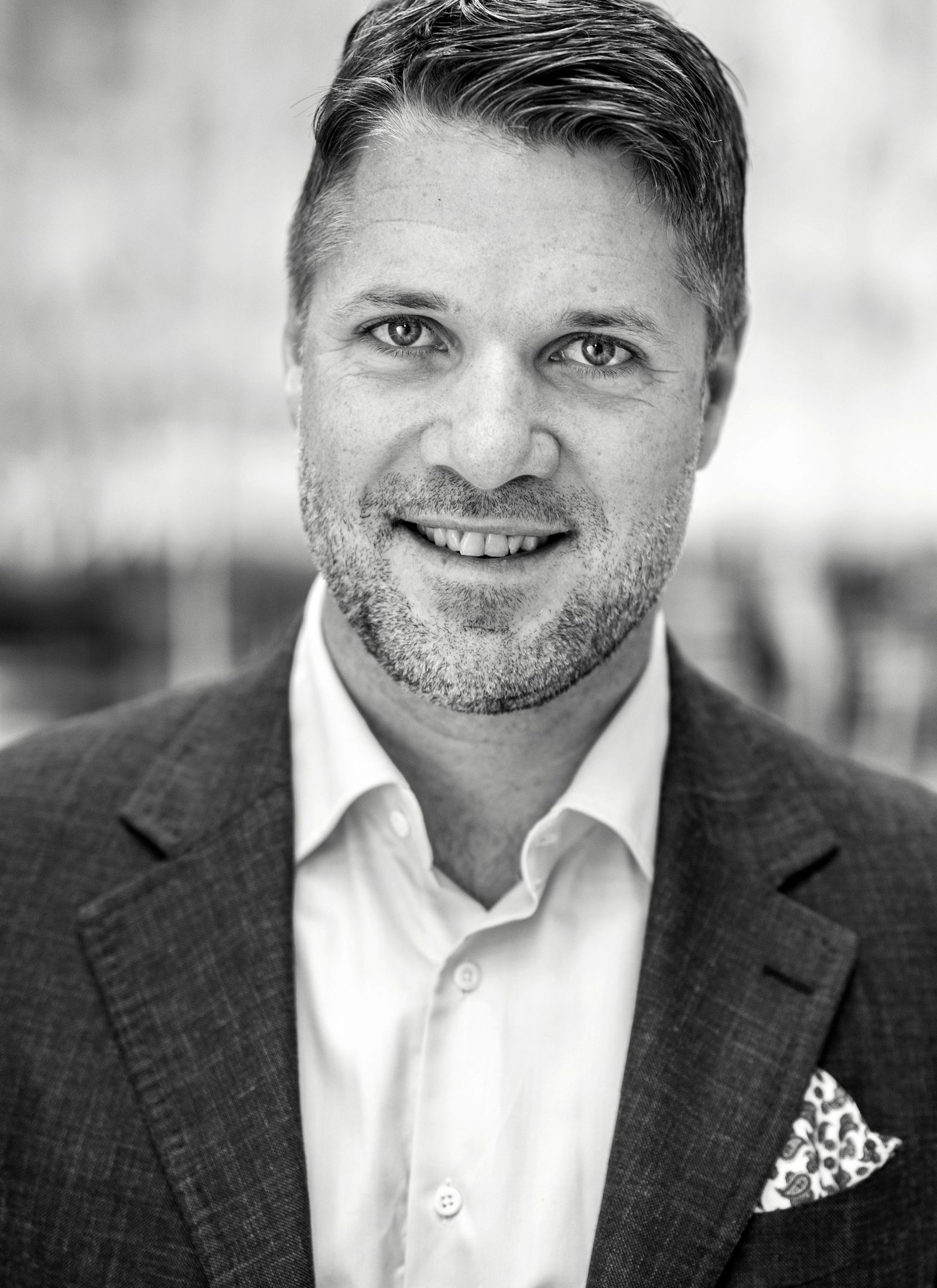
Investments in innovation
Grieg said that the vessel sales will provide equity to invest in "sustainable opportunities" via its innovation platform, Grieg Edge.
"Grieg Edge has a specific, but still wide, focus. It looks to invest in businesses on the edge of our traditional operations, but always with sustainability as a prerequisite," Matt Duke, Grieg's group chief executive, told TradeWinds.
"We are currently looking into projects within shortsea, offshore wind, energy and infrastructure, and other ocean-related ventures."
He said examples could include the MS Green Ammonia, the ammonia-fuelled tanker design that Grieg is developing with marine technology firm Wartsila; ammonia production, green financing and desalination projects.
In the meantime, business in the open-hatch bulker segment is going well, according to Grieg's CEO.
"The prognosis for the next two years looks promising and gives us a good platform to invest from," Duke said.
"We are developing the next generation of open-hatch ship design and considering some interesting decarbonisation projects. Our experiences from various initiatives within Grieg Edge will also influence the path as we advance."
The end of the JV will not mean job losses, he added — "on the contrary, Grieg Maritime Group is hiring".
Fund's future
Over at Maas Capital, the firm is continuing to invest in the dry cargo segment and is still closing new deals. Bulkers make up the biggest portion of the firm's shipping portfolio.
"The team is there, the portfolio is there and we're expanding it," Ras told TradeWinds.
Neither will Maas Capital's new owner, alternative financier EnTrust Global, have much effect on the way the firm does business.
"The change of hands from ABN Amro to EnTrust, as I see it, means we have a knowledgeable, very committed shareholder behind us with deep pockets and commitment into the industry. So we are in growth mode. We are closing deals," Ras said.
"We like dry bulk a lot. Taking a profit is never a bad idea. … We still have a lot of investments in dry bulk and we're doing a little more.
"I like the smaller segments, especially on the supply constraints."
Maas Capital is on the hunt to grow its investment portfolio, but Mark Ras told TradeWinds that the numbers need to make sense before it expands its exposure to tankers.
“We're quite agnostic in that sense. Every deal stands on its own feet. We would look at everything, we've looked at tankers before. We have three [investment] platforms, so we would like to do a little bit more," he said.
But Maas will be cautious about spending any more money in the segment, he added.
“I find the numbers difficult to square between the earnings and the asset values. … [But] everybody likes tankers. I usually like the segments that not everybody likes. When it gets a bit crowded, it's not good for a bidding process," he said.
"Everybody wants to be a contrarian, but they want to do it in a crowd. I do not find it very difficult to stand alone."
Maas Capital has four active joint venture investments in dry bulk, ranging in size from capesize down to handysize vessels.
